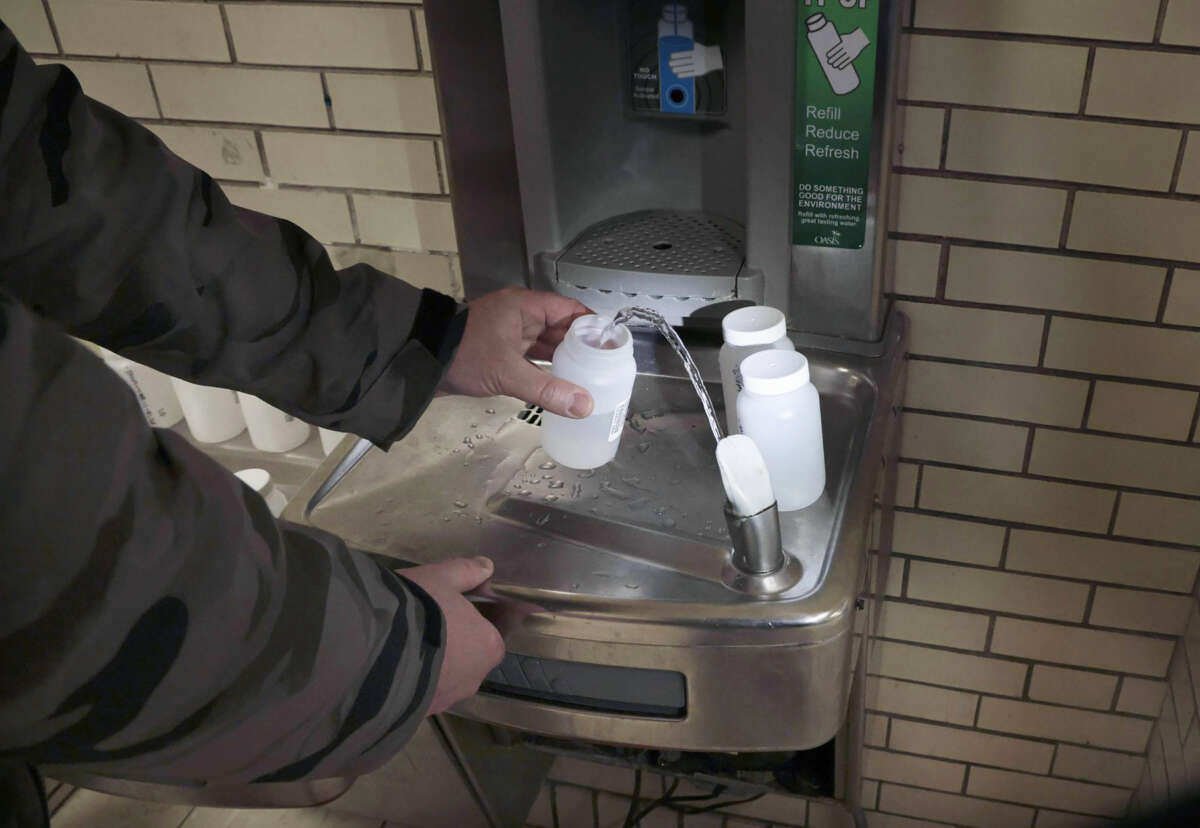Support justice-driven, accurate and transparent news — make a quick donation to Truthout today!
U.S. environmental regulators are failing to adequately account for how extensively vulnerable communities are exposed to contaminated drinking water, a new study has determined.
From 2018-2020, one in ten people in the United States were exposed to water quality violations that could impact their health, the study found. And roughly 70% of those affected are considered “socially vulnerable” under a range of factors that include race, language, disability, and housing vacancy rates.
The exposure risk was particularly noteworthy for Hispanic populations throughout the southwest and southcentral U.S. And when looking at people living on tribal lands, the numbers were more alarming: three in ten people were exposed to health-based water quality violations, the researchers found.
Overall, the number of people exposed to drinking water violations is more than three times greater than the number of people identified by the Environmental Protection Agency (EPA), according to the analysis. The authors note that current federal environmental justice tools leave out other factors important for identifying inequities in water quality.
“The current White House and EPA [environmental justice] tools do not seem to be appropriate for drinking water,” said lead author Bridget Scanlon, senior research scientist with the Bureau of Economic Geology at the University of Texas.
The findings add to evidence that broad swaths of the population are struggling to access clean drinking water, and they come at a critical time, as the Biden Administration and US states are deploying funds aimed at addressing drinking water access and quality around the country.
The EPA has pledged $50.4 million in funding for states to improve drinking water infrastructure for small, underserved, and disadvantaged communities. More broadly, the White House has earmarked more than $50 billion to improve U.S. water infrastructure.
By not fully accounting for the people impacted by water quality violations, the program is in danger of falling short, the authors of the new paper warn.
Understanding the link between drinking water quality violations and social vulnerability is “essential” in deploying the newly available drinking water infrastructure funding, the authors state in the paper.
The study, which was published in the journal Environmental Research Letters Sept. 5, was led by researchers from the Jackson School of Geosciences at the University of Texas in Austin and funded by the EPA. The researchers used water quality data along with several factors for defining disadvantaged communities and social vulnerability that extended beyond the current standards.
Current environmental justice tools limit measurement of drinking water quality issues to areas near known contamination zones, such as designated superfund sites, and social vulnerability is largely determined by county or zip code data on income levels, the researchers said. To do their analysis, the researchers used a new database of community water system (CWS) service areas, water quality violation records and a modified “social vulnerability index.”
The dominant causes of violations in community water systems were disinfectants and disinfection byproducts, the researchers said, followed by naturally occurring contaminants such as arsenic. Nitrate contamination, largely due to fertilizers used on farms, was another identified factor in the water quality violations.
In their paper, the researchers said their work has implications for state allocations of government infrastructure funding and they urge the government to adopt a “broader definition” for identifying disadvantaged communities.
A terrifying moment. We appeal for your support.
In the last weeks, we have witnessed an authoritarian assault on communities in Minnesota and across the nation.
The need for truthful, grassroots reporting is urgent at this cataclysmic historical moment. Yet, Trump-aligned billionaires and other allies have taken over many legacy media outlets — the culmination of a decades-long campaign to place control of the narrative into the hands of the political right.
We refuse to let Trump’s blatant propaganda machine go unchecked. Untethered to corporate ownership or advertisers, Truthout remains fearless in our reporting and our determination to use journalism as a tool for justice.
But we need your help just to fund our basic expenses. Over 80 percent of Truthout’s funding comes from small individual donations from our community of readers, and over a third of our total budget is supported by recurring monthly donors.
Truthout’s fundraiser ended last night, and we fell just short of our goal. But your support still matters immensely. Whether you can make a small monthly donation or a larger one-time gift, Truthout only works with your help.
